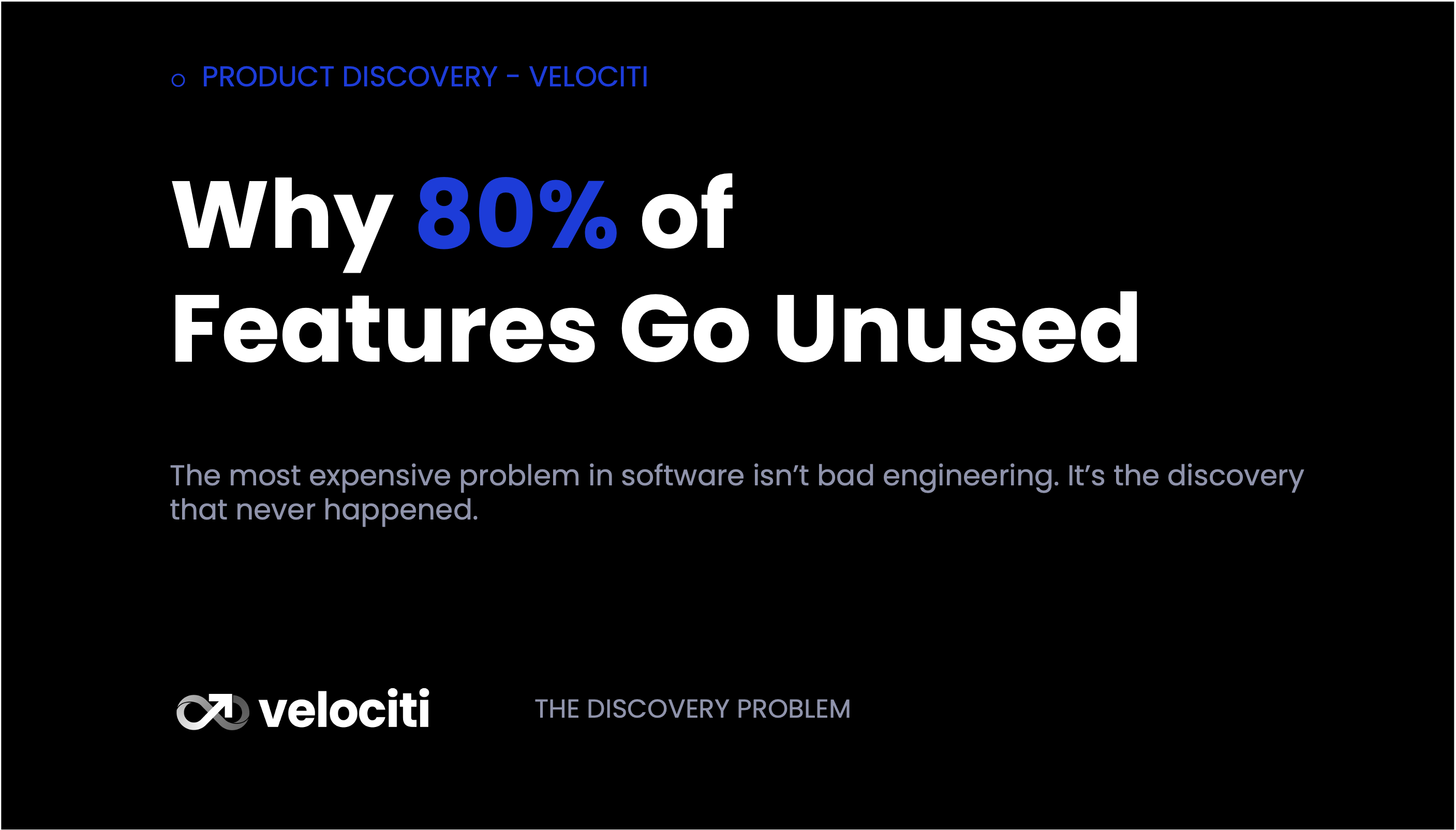Oct 3, 2024
Key Elements of Effective Product Management Workflows
Effective product management is essential for early-stage SaaS companies to thrive. Agility, data-driven decision-making, and customer-centric design are crucial for success. Communication, prioritization frameworks, and responsiveness to user feedback drive product evolution. This article advocates for structured execution and continual innovation for sustainable growth in competitive markets.

Product Management Workflows in SaaS: Essential Components for Success
Product validation is essential for the survival of any early-stage SaaS company. As corporations push into digital territories, holding a strong product management practice isn't just advantageous—it's a necessity. Navigating complex markets and addressing internet-savvy consumer needs requires deft orchestration. For Series A B2B SaaS founders and CEOs, mastering product management workflows is fundamental to driving customer value and achieving sustainable growth. This article explores the integral components of effective product management processes specifically tailored for the SaaS sector.
Compelling Introduction
Why Effective Product Management Matters in SaaS
In the competitive landscape of SaaS, the stakes are high; products must deliver genuine value, not just novelty. Each product must be a solution, enhancing the lives of its users while delivering to the bottom line. This post aims to hone in on the critical aspects and workflows that drive efficient product management for B2B SaaS companies, aligning product offerings with market needs and business goals.
Deep Exploration of a Specific Theme
The Imperative of Agile Frameworks
Inherently volatile, the SaaS industry demands agility. An agile framework for product management emphasizes iterative development, perpetually testing and refining product hypotheses. Agile methodologies like Scrum and Kanban are highly regarded, promoting an environment conducive to flexibility and obtaining rapid user feedback. This continual learning cycle enhances the product's learning curve and sharpens its market alignment.
Data as a Decision-Making Backbone
Data reigns as a crucial factor in shaping successful SaaS products. Analyzing customer behavior, tracking engagement metrics, and testing features becomes seamless with dedicated data analytics tools. VelocitiPM, for instance, offers robust analytics capabilities that streamline feature prioritization decisions by equipping product managers with actionable insights.
Expert Insights and Analysis
Customer-Centric Design in Action
Engaging the user lies at the heart of all great product designs. Techniques like personal development and empathy mapping assist in identifying and fulfilling user needs. Products like Airbnb build strong customer-centric strategies by continuously iterating on customer feedback data. Often, effective design stems from initiating meaningful dialogs with your target audience and refining the product based on empirical feedback.
Navigating Communication and Stakeholder Dynamics
Product managers must excel in storytelling and data-driven communication. By visualizing roadmaps and highlighting key metrics, they can align diverse teams and stakeholders around a unified product vision. Strong communication is as much about clarity as it is about engagement; it's about real binding agents across functional silos.
"The measure of intelligence is the ability to change." - Albert Einstein

Actionable Strategies and Tactics
A Strategic Lighthouse: Prioritization Tools
Prioritizing initiatives that fuel business growth is crucial. Frameworks like RICE (Reach, Impact, Confidence, Effort) provide a quantitative approach to feature prioritization, helping PMs make unbiased decisions that align with business objectives.
Iterative Development with Feedback Loops
In SaaS, products must evolve with customer feedback appearing in real-time. The feedback loop, facilitated through iterative sprints, ensures continuous improvement in product features and aligns development with market demands.
Real-World Case Studies
Success of Slack: From Experiment to Ubiquity
Slack's journey exemplifies successful iterative product development. Initially designed as an internal communication tool, feedback informed the evolution towards an externally focused application that transformed team collaboration. This pivot underscored the importance of integration and responsive iteration—a hallmark of Slack's enduring product-market fit.
Advanced Considerations
Scaling with Grace: Maintaining PMF
At scale, retaining PMF necessitates sustaining user engagement through innovative updates while preserving core functionality. Future-proofing product strategy becomes imperative as the SaaS landscape expands into new technological frontiers.
Embracing Industry 4.0: Innovation and Vision
Emerging technologies, including AI and blockchain, are reshaping SaaS products. A forward-thinking vision rooted in innovation and continuous adaptation to industry change ensures a long-term competitive advantage.
"Adaptability is about the powerful difference between adapting to cope and adapting to win." - Max McKeown

Conclusion and Key Takeaways
Success in SaaS doesn't rely solely on innovative ideas but on structured execution and adaptability. Understanding nuanced product management workflows, aligning team efforts, and staying customer-focused are foundational. Adopt these strategies to fine-tune your approach, coupling each with an agile mindset and robust communication.
Additional Resources
- Recommended Reading: "Inspired: How to Create Tech Products Customers Love" by Marty Cagan.
- Community Engagement: Join SaaS product management forums for insights and networking opportunities.
Revisiting these principles will equip B2B SaaS founders with the necessary tools to turn uncertainties into strategic advantages and drive sustainable growth while fostering meaningful user relationships.
Ready to supercharge your product workflow?
Join thousands of product managers who are building the right products with Velociti.



